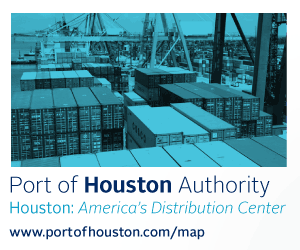


Friday, October 16, 2015
Waters off Washington and Oregon releasing huge plumes of methane
|
Scientists have detected a disproportionate number of methane bubble plumes off the Washington and Oregon coast. The warming Pacific Ocean may be triggering the release of this powerful greenhouse gas, which has remained frozen beneath the seafloor for thousands of years.
|
from the University of Washington says these plumes are probably not coming from the seafloor sediments, but rather from decomposing frozen methane.
|
Port of Los Angeles reaching emissions goals 10 years early
Ports recommend rail tunnel or barge system to move freight between NY-NJ
Kale Logistics signs automation deal with India’s Tuticorin Port
Transas delivers vessel traffic system to Corsican port

